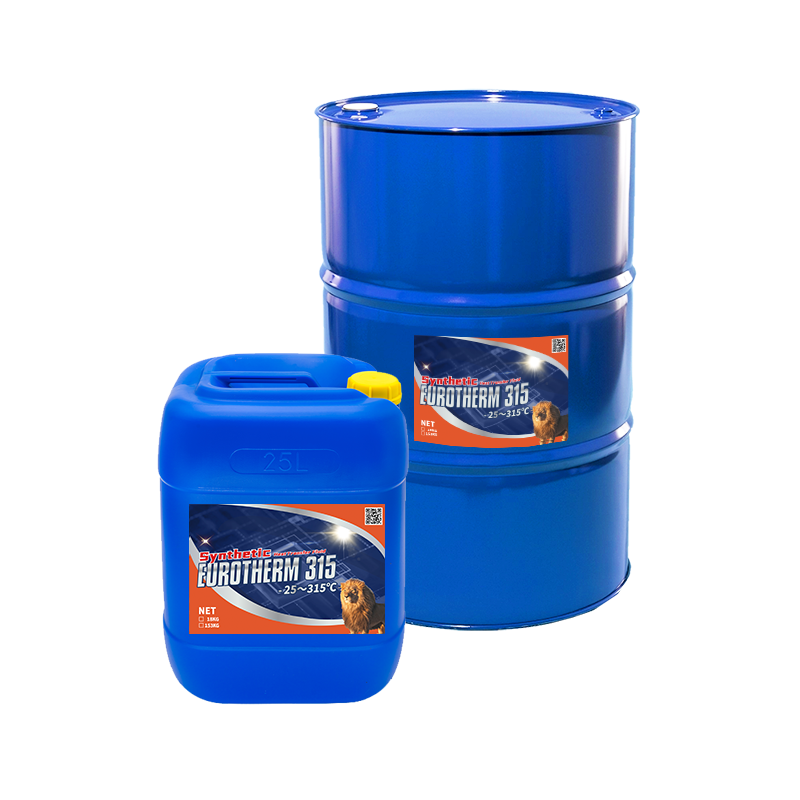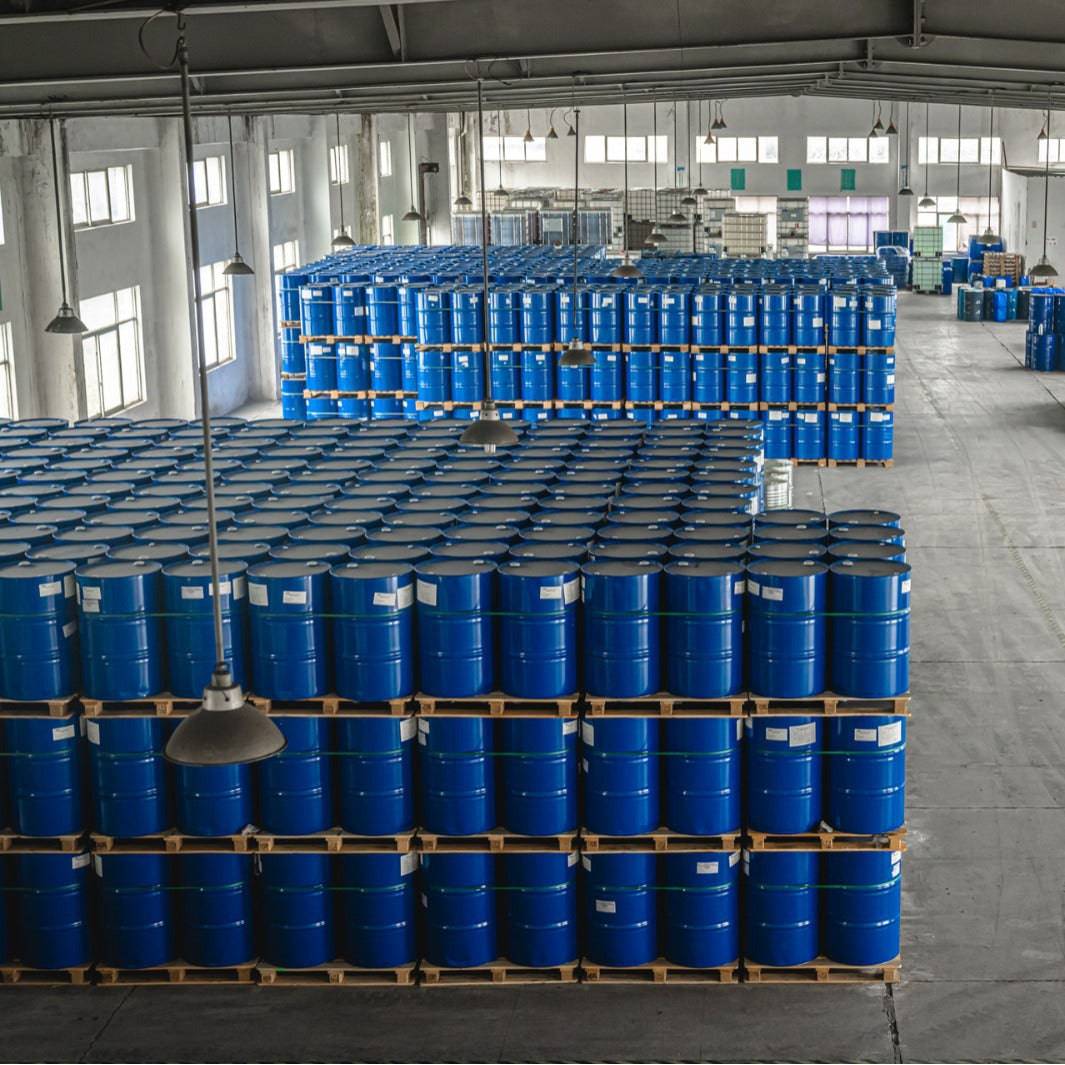Fascination About Chemie
Fascination About Chemie
Blog Article
Getting The Chemie To Work
Table of ContentsHow Chemie can Save You Time, Stress, and Money.Not known Factual Statements About Chemie How Chemie can Save You Time, Stress, and Money.The Of ChemieThe Greatest Guide To ChemieA Biased View of Chemie
(https://www.pageorama.com/?p=chemie999)Measured modification in electrical conductivity of liquid examples as a function of time when stirred with the material example in the shut indirect cooling loop experiment. Number 6 reveals the change in the gauged electric conductivity of the fluid samples when stirred with the resin example. The conductivity of the water sample from the closed loop experiment reduced by approximately 70% from 11.77 S/cm to 3.32 S/cm in 6 hours.These results indicated that the ability of the resin depends upon the test fluid used for the experiment. This reveals that different ions present in the liquid will cause different ion exchange ability of the liquid. Determining the ion exchange material capability with the fluid example from the actual air conditioning loop is essential.
The Buzz on Chemie
An ion exchange resin cartridge consisting of 20g of Dowex combined bed material may take on order 938 days to saturate - inhibited antifreeze. To put it simply, to preserve a reduced electric conductivity, a material cartridge with the measurement and weight spec as that of the material cartridge made use of in the experiment, require to be changed every 30 months for the cooling system that was made use of in the experiment
The air conditioning of digital components has ended up being a major difficulty in current times as a result of the developments in the style of faster and smaller sized elements. Because of this, different cooling innovations have been created to successfully get rid of the warmth from these parts [1, 2] Using a liquid coolant has become eye-catching due to the higher heat transfer coefficient achieved as compared to air-cooling.
Things about Chemie
A solitary stage air conditioning loop consists of a pump, a warmth exchanger (cold plate/mini- or micro-channels), and a warmth sink (radiator with a fan or a liquid-to-liquid warmth exchanger with chilled water air conditioning). The warm resource in the electronics system is connected to the warm exchanger. Fluid coolants are also made use of in two-phase systems, such as warm pipelines, thermo-siphons, sub-cooled boiling, spray cooling, and straight immersion systems [2, 4]
The needs may vary depending upon the sort of application. Adhering to is a list of some basic demands: Good thermo-physical properties (high thermal conductivity and particular warmth; reduced viscosity; high unexposed heat of evaporation for two-phase application) Reduced freezing factor and burst point (occasionally burst defense at -40 C or reduced is needed for delivery and/or storage objectives) High climatic boiling factor (or low vapor pressure at the operating temperature level) for solitary stage system; a slim wanted boiling factor for a two-phase system Good chemical and thermal stability for the life of the electronics system High flash factor and auto-ignition temperature level (occasionally non-combustibility is a need) Non-corrosive to materials of building (metals in addition to polymers and various other non-metals) No or minimal regulatory constraints (environmentally pleasant, safe, and potentially biodegradable) Cost-effective The very best electronics coolant is an affordable and nontoxic liquid with exceptional thermo-physical homes and a long life span.
Not known Facts About Chemie
Many of these liquids have a non-discernible odor and are safe in situation of contact with skin or consumption. As stated previously, aliphatic PAO-based fluids have changed the silicate-ester fluids in a selection of army electronic devices (and avionics) cooling applications in the last decade. One more class of popular coolant chemistry is dimethyl- and methyl phenyl-poly (siloxane) or generally referred to as silicone oil.
Of all, these fluids are non-combustible and safe. Some fluorinated substances have no ozone diminishing prospective and other ecological buildings.
Ethylene glycol is anemic and almost unsmelling and is totally miscible with water. When properly prevented, it has a relatively low corrosivity. This coolant is identified as harmful and must be handled and disposed of with care. The high quality of water utilized for the preparation of a glycol solution is extremely essential for the system.
The Single Strategy To Use For Chemie

This is a reduced price antifreeze solution, discovering usage in refrigeration solutions and ground resource warmth pumps - high temperature thermal fluid. This fluid can be utilized down to -40 C owing to its fairly high price of warm transfer in this temperature level array.
It is taken into consideration even more hazardous than ethylene glycol and as a result has actually discovered usage just for process applications situated outdoors. Methanol is a flammable fluid and, as such, introduces a potential fire threat where it is kept, dealt with, or made use of.
Fascination About Chemie
As a combustible liquid, it requires particular safety measures for handling and storage. Liquid services of calcium chloride discover wide use as distributing coolants in food plants. It is non-flammable, non-toxic and thermally a lot more reliable than the glycol services. A 29% (by wt.) calcium chloride option has a freezing factor listed below -40 C.

Report this page